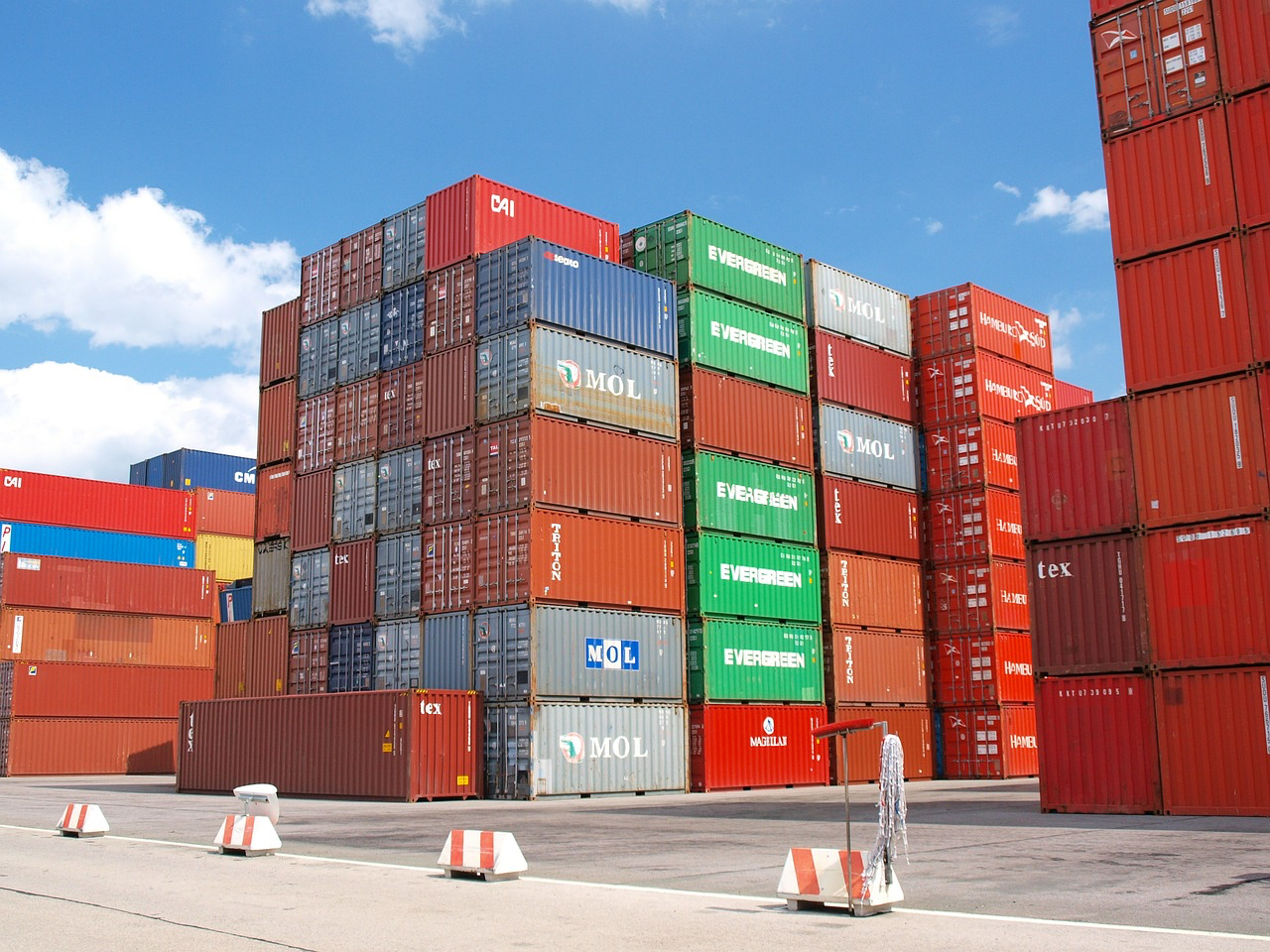Software should be doing more.
It’s now been a full 4 years of software gluttony, and indeed we’ve seen software play an important part in everything from taxis to restaurants to healthcare. There’s no area of our lives that isn’t touched by software in some way.
But our productivity has not skyrocketed, and we’re not all hanging out at the beach all day. For all the promise of software being able to make everything better, there are still many pockets of industry and business where software has had trouble penetrating the existing norm, whether through regulation or tradition or simply lack of effort.
I was reminded of the difficulty of working on software outside of the consumer space by this piece on freight startups. In particular:
So far, startups haven’t seen the same explosive growth as consumer travel websites did a decade ago. Some shippers have unique demands depending on their supply chains and distribution networks that aren’t easily handled by an automated pricing platform. Freight forwarders provide add-on services, such as using relationships with shipping lines and trucking companies to guarantee clients’ goods are first in line when there are delays.
And:
“Many startups just want to bring together a carrier and a shipper—they underestimate the value-add of a forwarder,” said Matthias Hanke, a Zurich-based transportation consultant.
That’s the state of software in a microcosm. Consumer, end-user software is both easier to build (with simpler sets of rules and options) and more visible, more easily relatable to investors, employees, and the public alike. Software that performs critical tasks in specific business areas is much less visible, has tougher requirements, and thus attracts less attention and talent.
Yet, without these applications of data and logistics1, we aren’t making nearly enough progress towards that work-free utopia that economists have dreamt of since the beginning of the 20th century. There’s a lot more world for software to eat.
And user interfaces, and cloud storage, and API interoperabilities, and everything else that we take for granted in the modern consumer-based software ecosystem.↩




